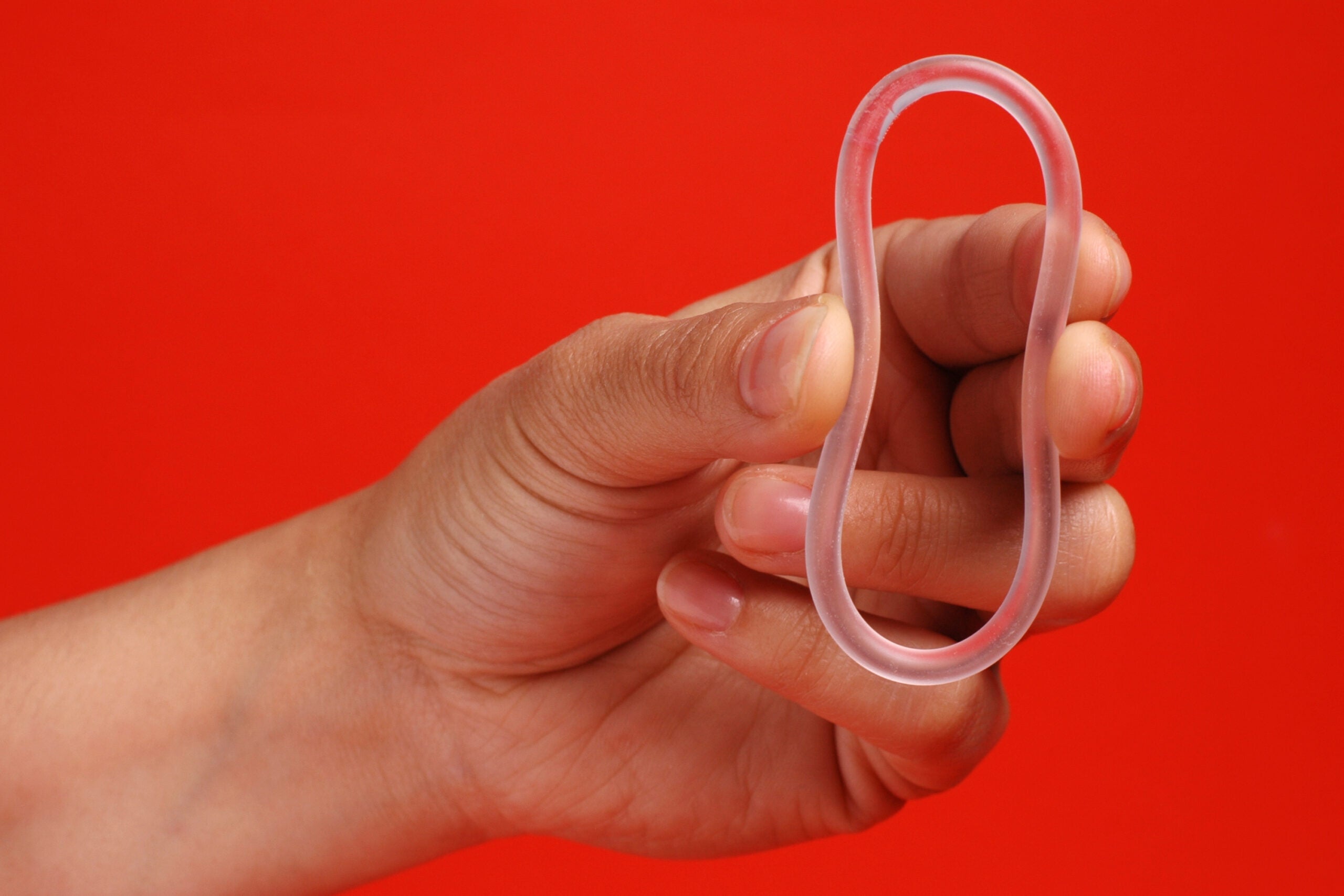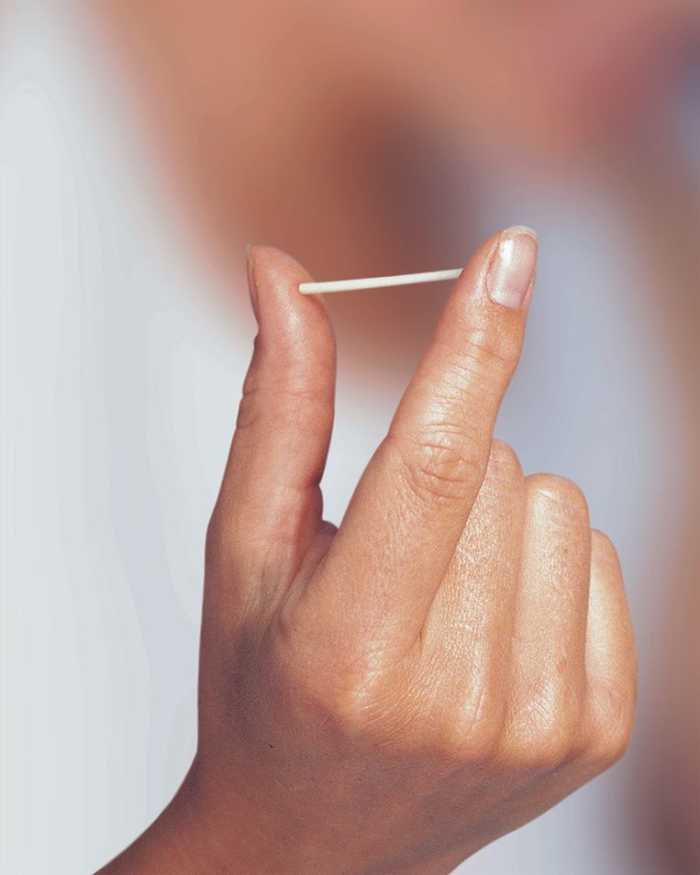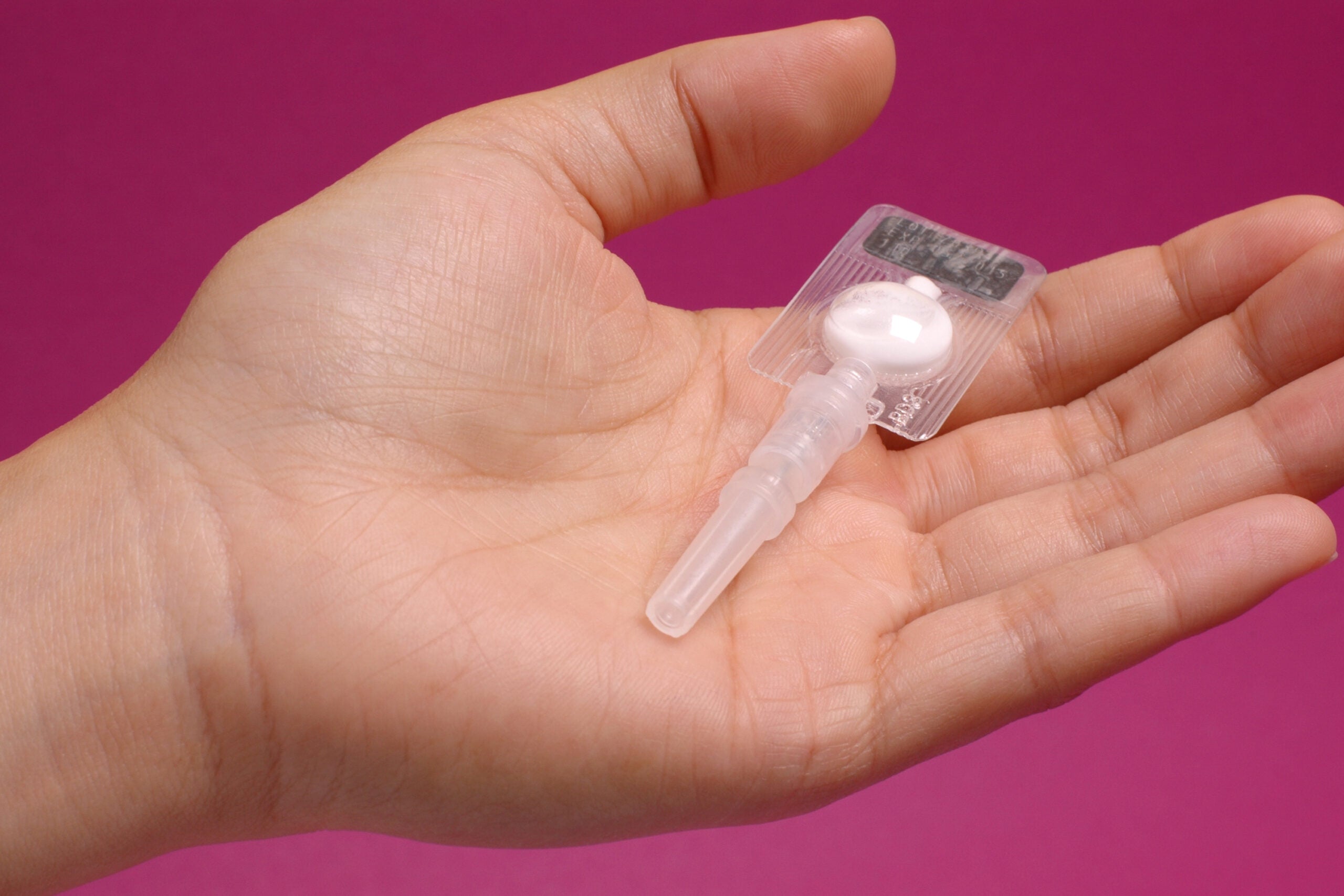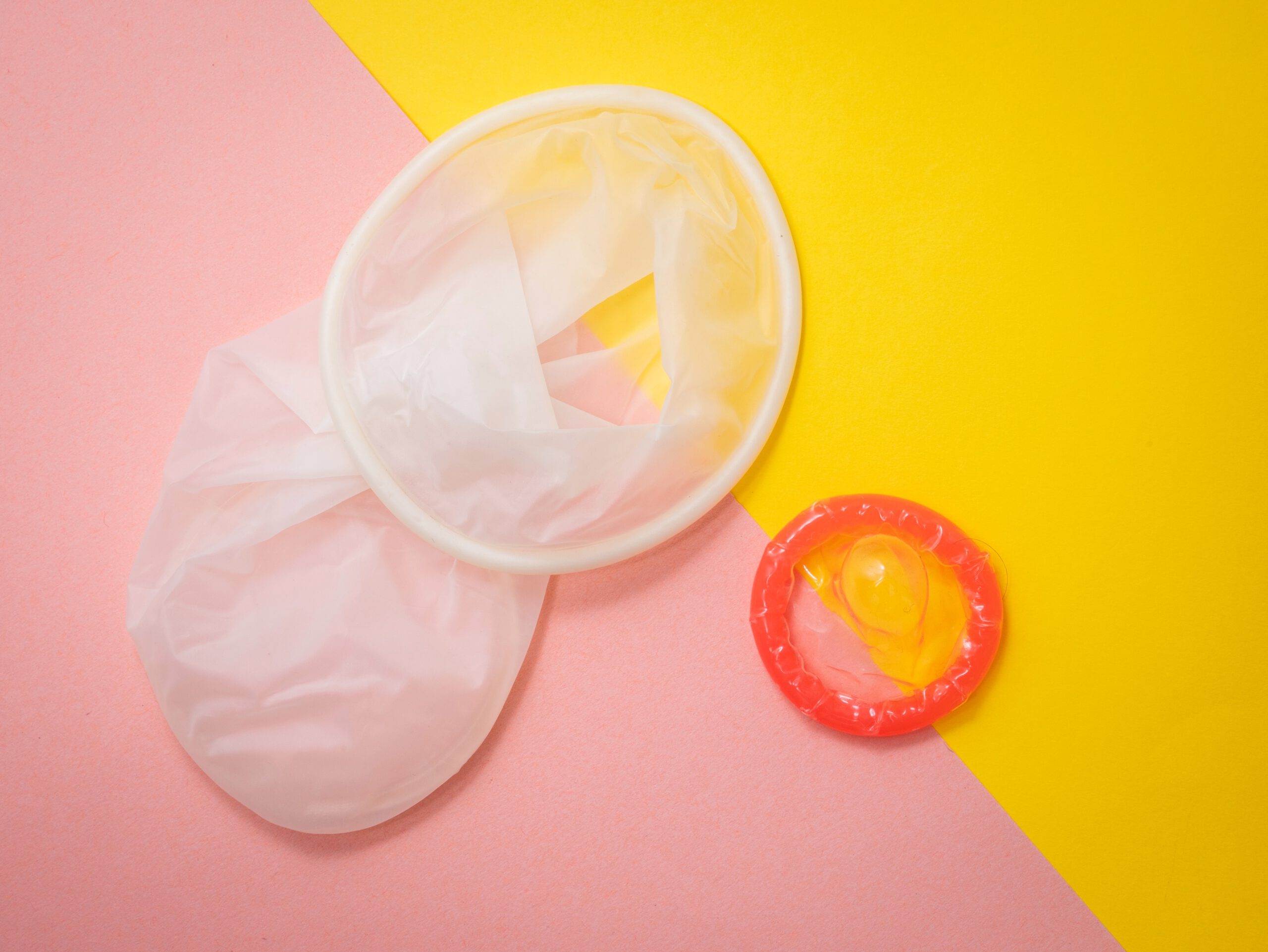Nowadays there are so many different contraceptive methods available that it can be difficult to find the right one that suits you. So you have contraception with or without hormones, contraception that you take daily or that you do not have to think about. In earlier times this process was much simpler. In the Middle Ages people made their own condoms from sheep intestines and fish skins. In ancient Egypt, a spermicidal paste of honey, acacia spines and crocodile droppings was used to be applied to the vulva.
Fortunately, nowadays we no longer have to resort to these methods. However, it can still be difficult to make a choice from all the contraceptives currently on the market. We will take you through the contraceptive methods, how they work and what influence they can have on your menstrual cycle.
The birth control pill
![]()
This is a small pill that contains hormones. These hormones ensure that no egg is released and that the uterus is not prepared for fertilization. Furthermore, the hormones make it more difficult for sperm cells to enter the uterus. The pill usually contains two types of hormones, depending on the type of pill you use. The combination pill contains the hormones estrogen and progestin. Estrogen ensures predictable menstruation. Because the minipill contains only one hormone, it is particularly suitable for breastfeeding women. If you take the pill at the same time every day and start a new pill strip on time (within 7 days) after the stop week, the chance of pregnancy is only 0.3%.
Influence on your cycle:
Most birth control pills are packaged in a strip of 21 pills. You take this for three weeks, followed by a week off during which you do not take any pills. During this stop week, menstruation usually occurs, often with associated symptoms such as abdominal cramps, headache and muscle pain. However, the pill can help to reduce these menstrual complaints, causing you to experience less pain. In addition, the pill can limit blood loss and reduce other menstruation-related complaints such as painful breasts and bloating.
The contraceptive ring

The contraceptive ring is a soft, flexible plastic ring of 5 cm that you can insert into the vagina yourself. It is designed so that you don't feel anything and that it cannot simply fall out, so you can continue to do your fun activities, such as swimming and sports. There are 2 types available in the Netherlands, namely Nuvaring and Ornibel. Such a ring contains the hormones etonogestrel and ethinylestradiol. Every day the ring releases some hormones that enter your blood through the mucous membrane of your vagina. Due to the even hormone release, you will not have to deal with hormone peaks. The ring must be removed every month, after 3 weeks. If you don't post a new one, then you can expect your period. After the stop week you can insert a new ring. If you replace the ring on time every time, the chance of pregnancy is approximately 0.7%. If you stop using the contraceptive ring, you can become pregnant immediately.
Influence on your cycle:
Side effects that may occur include vaginal bleeding outside the stop week, also called spotting, which is very normal. You may also experience pain during the quit week or more blood loss during the quit week. It can also happen that your menstrual period disappears completely. If this happens, don't worry, but keep an eye on it. If you have any doubts, please contact your doctor.
Contraceptive stick

A contraceptive rod, also known as Implanon NXT, is one of the many contraceptive methods in the Netherlands. Such a hormone rod is placed under the skin of your upper arm with anesthesia by a doctor. After placement you are protected against pregnancy for three years, which means that you do not have to think about contraception every day. This form of contraception releases a low dose of hormones into your bloodstream, so you do not suffer from hormone fluctuations. After 3 years, or sooner if desired, the rod will be removed by your doctor. After removal, your fertility returns after your first period. But you can also choose to have a new hormone rod placed immediately. With this contraceptive, the chance that you will become pregnant is very small. Of the 1,000 women with a hormonal rod, fewer than 5 per year become pregnant.
Influence on your cycle:
With this contraception you do not have a stop week and you cannot skip or postpone your period. However, your menstrual pattern can change. In some people the menstrual period disappears completely and in others the bleeding becomes irregular or becomes longer and in some cases the bleeding becomes heavier.
Injection pill
The injection pill is now a common method of contraception in the Netherlands. It is an injection that gradually releases the hormone progesterone into the bloodstream, which prevents ovulation and reduces sperm cells' ability to pass through the mucus of the cervix. Such an injection is intended to protect you against pregnancy for 12 to 13 weeks. In the Netherlands we have 2 types of injection pills, namely Depo-Provera, which is placed in your gluteal muscle or upper arm, and Sayana Press, which is placed under your skin. Here too, the chance of pregnancy is small, namely 0.5%. There is only a chance that you will become pregnant if you forget to take the injection.

Influence on your cycle:
If you are just starting this contraception, you may experience irregular or prolonged bleeding. A common side effect of the contraceptive pill is irregular periods during the first few months. Once your body has adjusted a bit, your periods usually become lighter or stop altogether.
IUD
![]()
An IUD is a common choice as a contraceptive method. It is an anchor that is placed in the uterus by a trained doctor. There are two types of IUDs: the hormone IUD and the copper IUD. A hormone coil contains progestin that is gradually released into your uterine wall. This remains effective for 5 to 8 years and, unlike other hormonal contraceptives, releases less hormone into your blood. You also have the copper coil. This one doesn't contain any hormones, which is perfect if you don't like it or aren't a fan of hormonal birth control. Such a copper IUD can provide protection against pregnancy for 5 to 10 years. Unlike the pill, with all spirals you maintain your ovulation and therefore your own natural hormonal cycle.
Influence on your cycle
An IUD can have a significant impact on your menstrual pattern. The copper IUD usually causes heavier menstruation. With a hormone IUD, on the other hand, there is more irregular bleeding until the menstrual bleeding decreases significantly and can even disappear completely over time. For some women, just the opposite happens. They do not have menstruation for the first few months or perhaps even years, but then it starts again.
Female condom
The name is actually a giveaway. It is a kind of bag with two flexible rubber rings at the ends that you place in your vulva. This way it collects sperm and protects you against pregnancy and STDs.

Influence on your cycle
This contraceptive is one of the few of its kind that does not contain hormones. Therefore, it does not affect you or your fertility and you can also obtain it without a prescription or interventions from the doctor.
So you can see that the choice is huge. However, it is important that you first consider the advantages and disadvantages when making your choice. Contraception can help regulate your menstrual cycle and relieve menstrual symptoms, but it can also come with unwanted side effects. Therefore, always consult with your doctor first to find out which one suits you best, and then do what you think is right. Ultimately, no one knows your body the way you know it.






